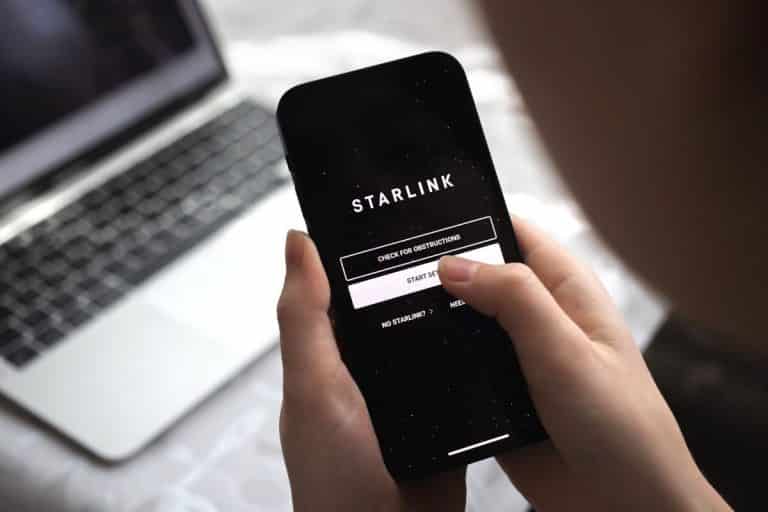The U.S. Federal Communications Commission on Thursday approved Elon Musk’s SpaceX’s plan to expand its broadband services to commercial aircraft, ships and trucks by allowing the company to use its Starlink satellite internet network with moving vehicles.
Starlink has long aimed to expand its clientele from residential broadband users in remote areas with little access to the internet to business clients in the potentially profitable automobile, shipping, and airline industries.
“Authorizing a new class of [customer] terminals for SpaceX’s satellite system will expand the range of broadband capabilities to meet the growing user demands that now require connectivity while on the move, whether driving an RV across the country, moving a freighter from Europe to a U.S. port, or while on a domestic or international flight,” said Tom Sullivan, the FCC international bureau chief.
This is excellent news for companies in the travel sector who want to offer this service to their customers, and for those who already offer Starlink satellite Internet. In fact, the launch of the Starlink Internet service was announced a few weeks ago by Hawaiian Airlines, and Royal Caribbean recently made its first request for the service.
Companies already offering SpaceX’s Internet service had encountered problems in the United States. A recent blog article on Royal Caribbean’s website states, “Before you can expect to get super-fast Wi-Fi on a Royal Caribbean ship, the FCC needs to approve the technology because right now Starlink isn’t allowed on moving vehicles.
SpaceX has gradually launched 2,700 Starlink satellites since 2019, adding hundreds of thousands of users, many of whom pay $110 per month for broadband internet by spending $599 on self-install terminal kits.
Since the FCC has given its approval, travelers can expect a stronger Internet connection. SpaceX has been waiting for a response since March, and now the company has received approval.
However, the U.S. agency imposed some restrictions on SpaceX that the company had to agree to. These include “interference received from both current and future services authorized” and other restrictions.

